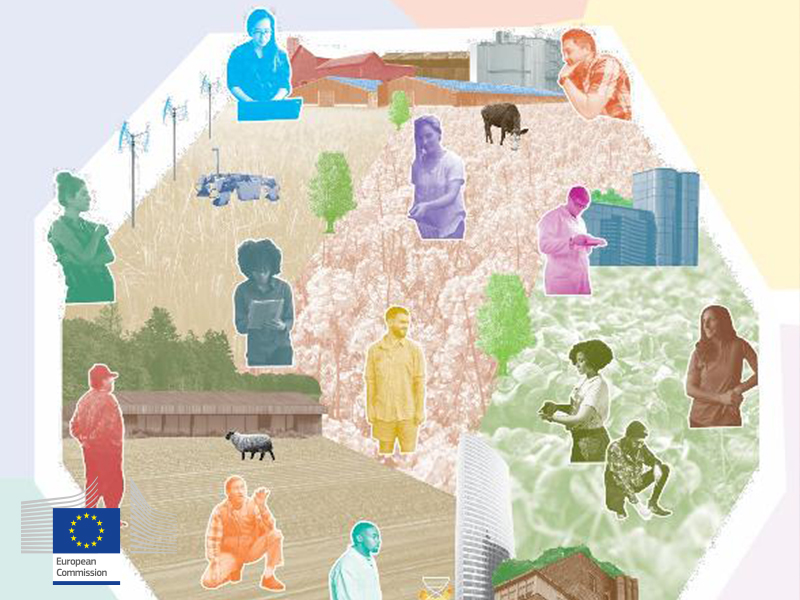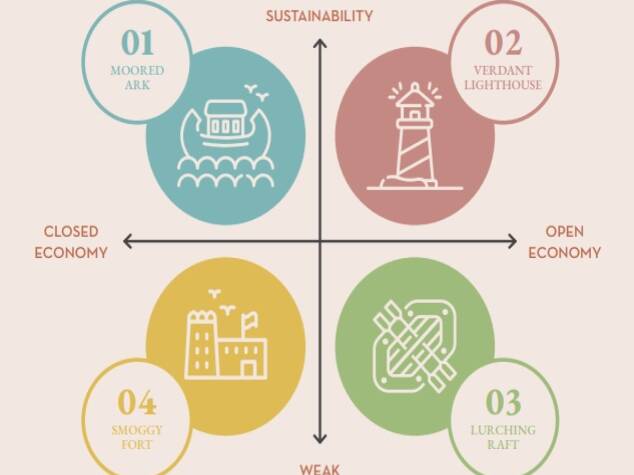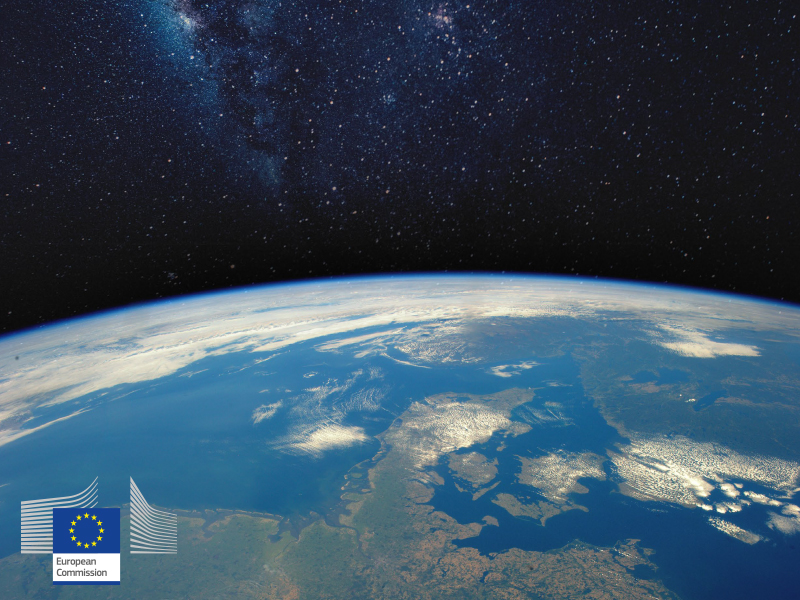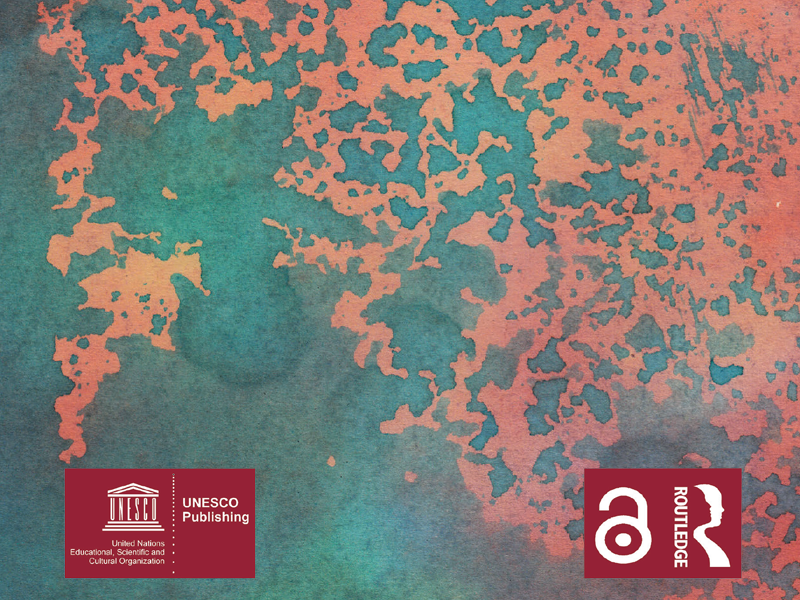However, continued unabated anthropogenic pollution and greenhouse gas emissions will further increase global warming, ocean acidification, desertification and changing climate patterns
Pollution, overexploitation of natural resources and environmental degradation will lead to serious, irreversible changes for people, infrastructure, economies and ecosystems around the world. Greenhouse gas emissions and pollution are increasing, mainly due to economic development but also population growth. Meanwhile, biodiversity and resilience are in a continuous and sharp downward trend. The visible effects of climate change are expected to intensify in the coming decades on a global level. Extreme weather events are becoming more common: continuous temperature increase, cyclones in countries such as Greece, sea level rise on a worldwide level, polar ice melting, droughts and frequent rains causing floods affect life safety, economic growth and the natural environment, and pose a threat to human well-being. Throughout history the climate has never stopped changing, however anthropogenic activities have a major influence on the rapidly changing climate.
Greece will be strongly affected (in sectors such as tourism, infrastructure, cities) by the rising global sea levels, rising at an average rate of 3.4 millimetres per year. Meanwhile, the volume of the Arctic ice reached a record low in 2018. Antarctic ice melting rate has tripled in the last five years, and exposure to natural hazards has doubled in the last forty years, affecting more and more areas around the world.
Key Points
- Food security
- Rising sea levels and stronger storms affecting coastal areas
- Lifestyle and health
- Immigration
- Growing financial losses impact public and private budgets and create debt
- Soil degradation
- Activism and participation









